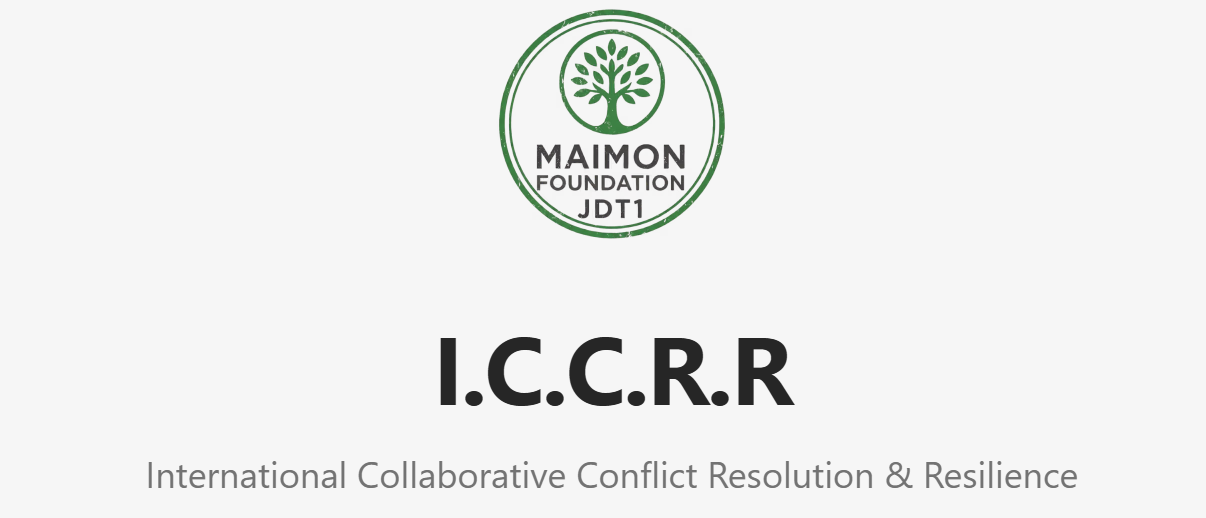By G.K., Research Associate at thinc.
On Friday 17 May this year, the German Bundestag became the first national parliament in the European Union to adopt a motion denouncing the Boycott Divestment and Sanctions (BDS) movement for its anti-Semitic ‘pattern of argument and methods’. With this, the German government is urged to resolutely condemn all calls to boycott Israel. This non-binding resolution was tabled jointly by the country’s governing coalition (Angela Merkel’s Christian-Democratic Union and the Social Democrats), along with two mainstream opposition parties (the Greens and the Free Democratic Party), and passed by an overwhelming majority.
The BDS Movement’s Objective
The BDS movement’s objective is threefold: 1) forcing Israel to comply with international law and end its occupation of Arab land; 2) granting equal rights to Palestinians; and 3) enabling the right of return for all Palestinian refugees. The movement draws on the Palestinian international solidarity strategy developed at a BDS conference held in Durban, South Africa in September 2001. Here, the international boycott of South Africa by anti-apartheid activists was conflated with the Palestinian struggle against ‘Zionist oppression’. This false parallel was drawn with the desire to subject Israel to the same kind of attack as Apartheid South Africa, in the hope that this would lead to similar results.
No Legitimate Justification for Anti-Semitic Sentiments
Pointing to Germany’s ‘special historical responsibility’, Friday’s anti-BDS motion stresses that there ‘is no legitimate justification for anti-Semitic sentiments’, and commits the German government to ‘strongly oppose’ efforts to demonise Jews, regardless of their nationality, or to challenge ‘the Jewish and democratic State of Israel’s right to exist, or its right to selfdefense.’ This is seen as part of Germany’s ‘raison d’état.’
The motion further warns that the BDS movement’s call for an academic and cultural boycott, along with a boycott against Israeli products is reminiscent of the Nazi era’s boycott against Jews. It is also pointed out that the boycott against Israeli academics, art and science can be in essence constitutes an attempt to restrict the freedom of opinion, and hinder the mutual search for peaceful solutions to the conflict. The motion reiterates Germany’s strong support for the ‘Jewish, democratic State of Israel’ and the two-state solution leading to ‘an independent, democratic and viable Palestinian state’. It concludes with a concerted appeal to the German government not to support groups or events that are affiliated with the BDS movement or actively pursue its aims.
Different Reactions to Germany’s Anti-BDS Motion
Prime Minister Benjamin Netanyahu welcomed this development, expressing the hope that it may lead to concrete measures to cut funding for pro-BDS groups. And Jeremy Issacharoff, Israel’s ambassador to Germany, hailed the motion as ‘an important decision in its own right and especially as it was adopted in a leading parliament in Europe.’ He added that ‘the decision reflects the understanding that BDS makes no attempt to build bridges, to engage in dialogue and to encourage coexistence for stability and peace between Israel and all its neighbors.’
Nevertheless, opinions on Germany’s anti-BDS motion remain divisive. German Parliament member Heike Hänsel, deputy party leader of The Left, expressed her support for condemning anti-Semitism in the BDS movement, but cautioned that the outright criminalization and sanctioning of BDS supporters, as suggested by the motion, is problematic. Also, Knesset Member Michal Rozin, of the left-wing Meretz party, has communicated that the motion may hinder the possibility of peace on the ground, since it lacks a distinction between anti-Semitism and legitimate criticism of Israeli settlement policies. Rozin’s biggest fear seems to be that the legitimization of ‘a right-wing and problematic conflation’ would cause Israel to ‘fall into the deep abyss of annexation.’
Furthermore, around 60 Jewish scholars have criticized the motion in a joint statement for conflating BDS and antisemitism, and for potentially limiting freedom of speech. They also consider it unfortunate that the motion does not distinguish between Israel-proper and the settlements, and warn that this motion will only encourage Netanyahu’s right-wing government to further delegitimize Palestinian rights.
thinc.’s Perspective
The Jewish and Israeli scholars state that ‘the BDS movement does not advocate for a particular political solution to the Israeli-Palestinian conflict. Instead, it campaigns for the implementation of international law, often with regard to Israel’s occupation and settlements’. In our view, this is simply incorrect – the BDS movement does advocate a particular political solution – one in which Israel withdraws from ‘Arab land’ and allows all ‘Palestinian refugees’ to return. The problem is that the BDS movement claims that this solution is required by international law. This, as we see it, is a misrepresentation and misuse of international law. General international law does not require Israel to withdraw from the territories that were occupied by Jordan between 1949 and 1967, neither does it give the ‘Palestinian refugees’ a right of return (see The Hague Statement of Jurists on the Israel-Palestine conflict). Such issues are and always have been subject to negotiation between the parties and heated political debate within international fora.
Marking the first time the BDS movement is acknowledged by a major European parliament, last Friday’s vote has certainly stirred up a political debate concerning the movement and its anti-Semitic nature in Germany.



